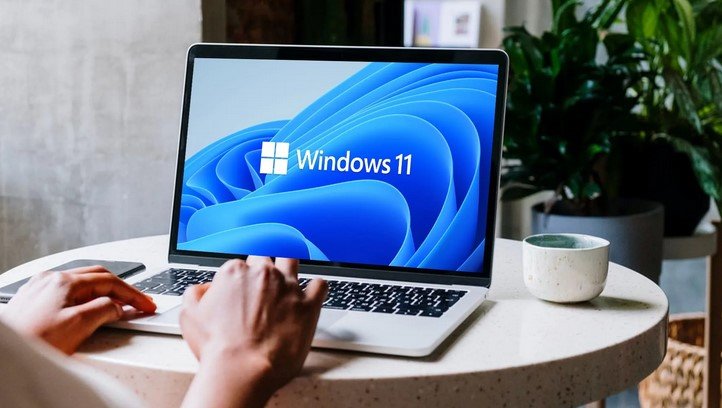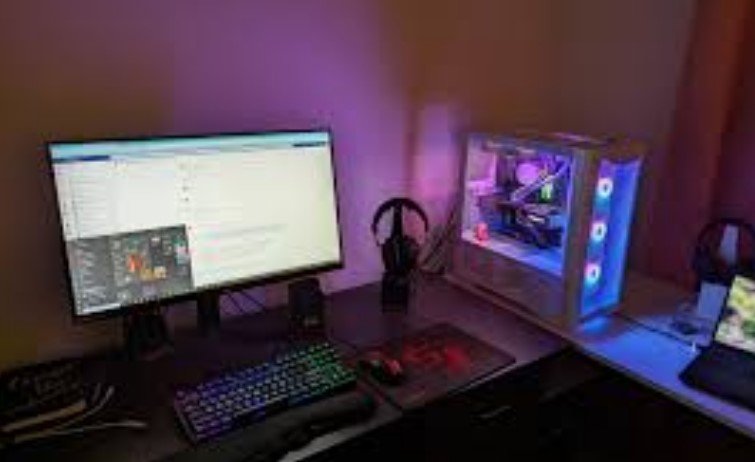Essential software for personal computers plays a critical role in maximizing functionality, productivity, and security. With the right software, you can enhance your computing experience, streamline tasks, and safeguard your data. This blog post outlines the key categories of essential software every personal computer should have, including operating systems, productivity tools, security programs, and utility applications.

Operating System: The Foundation of Your PC
Key software for personal computers begins with the operating system (OS), which forms the foundation for all other software. Popular choices include Windows, macOS, and Linux. The OS manages hardware resources, provides a user interface, and supports application execution. Ensure your OS is up-to-date to benefit from the latest features, security updates, and performance improvements.
Windows is widely used for its compatibility with a vast range of software and hardware. macOS, known for its user-friendly interface, is popular among creative professionals. Linux offers a customizable and open-source alternative, ideal for tech enthusiasts and developers. Select an OS that best suits your needs and preferences for optimal performance.
Productivity Tools: Enhancing Your Efficiency
Essential software for personal computers also includes productivity tools that enhance efficiency and streamline tasks. Office suites like Microsoft Office or Google Workspace are crucial for word processing, spreadsheets, presentations, and email management. These tools enable you to create, edit, and collaborate on documents with ease.
Consider additional productivity tools like project management software (e.g., Trello, Asana) and note-taking apps (e.g., Evernote, Notion) to organize tasks and information effectively. Communication tools such as Zoom or Microsoft Teams facilitate virtual meetings and collaboration, making them essential for remote work and team projects.
Security Software: Protecting Your Data
Essential software for personal computers includes security programs to protect against malware, viruses, and other threats. Antivirus software is vital for scanning and removing malicious software that can compromise your system’s integrity. Popular options include Norton, McAfee, and Bitdefender.
In addition to antivirus programs, consider using a firewall to monitor and control incoming and outgoing network traffic. Anti-malware tools, such as Malwarebytes, provide additional layers of protection against specialized threats. Regularly update your security software to stay protected against evolving threats.
Utility Software: Enhancing System Performance
Essential software for personal computers also encompasses utility programs that enhance system performance and management. Disk cleanup tools, such as CCleaner, help remove unnecessary files and free up storage space. Defragmentation tools, for HDDs, and optimization software for SSDs ensure that your drives operate efficiently.
Backup software is crucial for protecting your data against loss due to hardware failure or accidental deletion. Tools like Acronis True Image or Backblaze provide automated backup solutions to safeguard important files. Additionally, system monitoring tools help track performance metrics, detect issues, and optimize system resources.
Conclusion
In conclusion, essential software for personal computers encompasses a range of tools designed to enhance functionality, productivity, and security. From the operating system that forms the backbone of your PC to productivity tools, security programs, and utility applications, having the right software ensures a smooth and efficient computing experience. By selecting and maintaining these essential software categories, you can optimize your personal computer’s performance and safeguard your valuable data.











